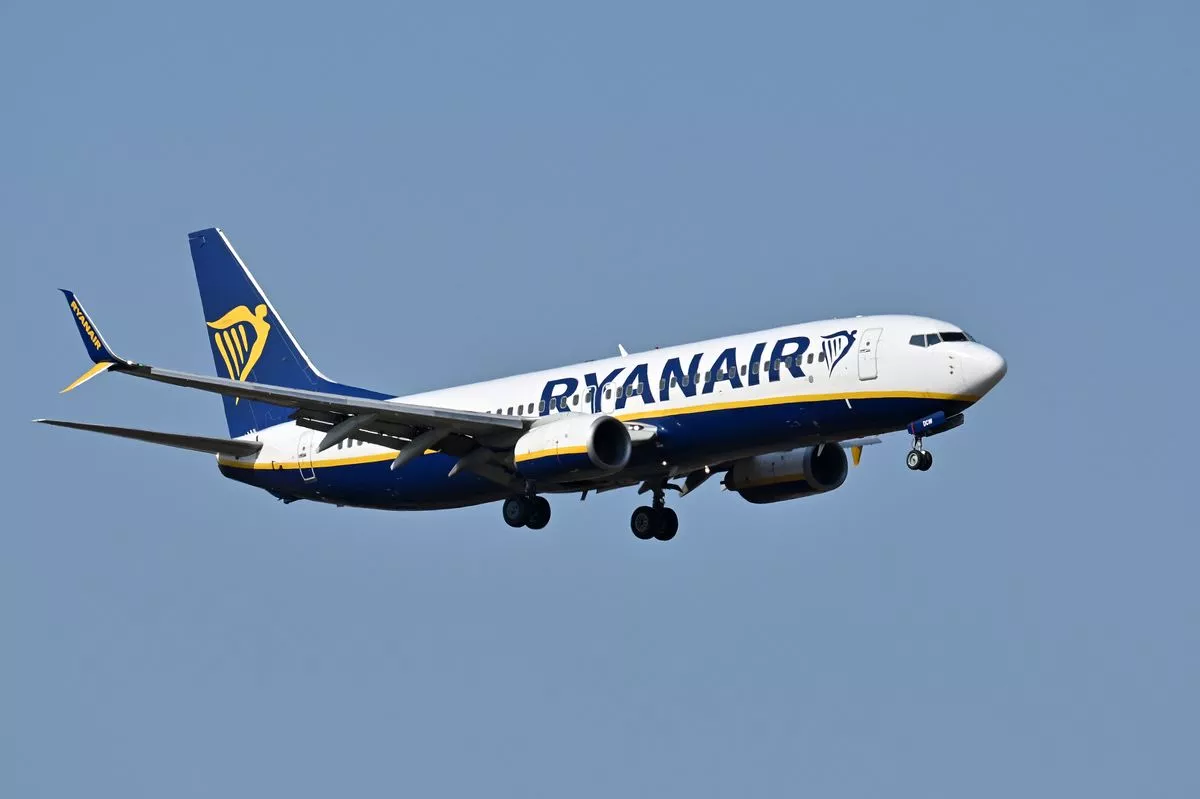The airline – known for its no frills, low-budget style – has cited higher taxes and airport fees as the reason behind some of its schedule and route changes
Ryanair is making some big changes to its European network of routes in 2026 by exiting some airports entirely – including closing all flights to the ‘Hawaii of Europe’.
The budget-friendly airline, established in 1985, is reportedly going to close bases at various airports and quietly axe some routes at others, meaning travellers might not know which destinations are no longer available until they try to book.
Its biggest withdrawals are happening in the Azores region of Portugal – known as the ‘Hawaii of Europe’ – and the Asturias region of Spain, where all flights are being stopped completely.
Do you have a travel story to share? Email webtravel@reachplc.com
READ MORE: British Airways tells all plane passengers to stop placing 1 item in hand luggageREAD MORE: Ryanair tells passengers to stop common flight habit
The Azores closure is effective from 29 March 2026 and will affect approximately 400,000 passengers a year, leaving fewer non-stop options and creating higher average prices. The airline has cited higher airport fees and air traffic control (ATC) charges for the change.
Speaking about the removal of the Azores route, Jason McGuinness, Ryanair’s chief commercial officer, said: “We are disappointed that the French airport monopoly ANA continues to raise Portuguese airport fees to line its pockets at the expense of Portuguese tourism and jobs, particularly on the Portuguese islands. As a direct result of these rising costs, we have been left with no alternative other than to cancel all Azores flights from March 29, 2026, onwards and relocate this capacity to lower cost airports elsewhere in the extensive Ryanair Group network across Europe.”
In addition to the full removal of services in some places, Ryanair routes will also remain closed at Dortmund, Dresden and Leipzig/Halle airports in Germany and Maastricht Aachen in the Netherlands. The German market will see a reduction of almost 800,000 Ryanair seats – for the Winter 2025/2026 schedule. Other airports have already seen reductions including Hamburg, Berlin, Cologne, Memmingen and Frankfurt-Hahn. Ryanair has blamed air traffic control and security fees, as well as aviation taxes.
Such taxes are, partially, in place to account for the devastating climate impact of flying, which is much more polluting than travel via train.
Further changes in Ryanair services have been billed by the company as ‘capacity changes’ and have been confirmed by airport operators, regional governments and media instead of being announced by the airline itself.
These include a number of changes to various Spanish regions such as Vigo – where services with end at the start of 2026 – Santiago de Compostela – where Ryanair has closed its base ad sharply reduced its routes – Tenerife North – where services were halted in winter 25/26 and have yet to be reinstated – and Jerez and Valladolid – where operations ended in earlier cuts to Spanish regional routes that will continue into 2026.
France will also be affected, as Ryanair suspended all flights to Brive and Strasbourg in winter 25/26 and is expected to continue suspending them into 2026. A partial comeback is expected at Bergerac in summer 2026.
Even airports where Ryanair will remain will not be exempt from some route cuts. From Cork Airport in Ireland, Ryanair plans to end routes to Poznań, Gdańsk, and Rome in March 2026. In Belgium, the airline will cut around 20 routes and one million seats from Brussels and Charleroi in winter 26/27, but has warned that the reductions could start in April 2026 if higher taxes are brought in.
Passengers should also expect multiple route cuts across Bosnia, Serbia, and Croatia, which will affect airports including Banja Luka, Niš, Zadar, and Rijeka.
Ryanair claims it is not giving up on popular European destinations but is simply trying to find areas where government policy and airport charges are compatible with its low-cost model.
Passenges may not be too badly impacted by the route cuts. Rival airlines such as Vueling, Binter, Iberia and Wizz Air have all stepped into the gaps left by Ryanair.
